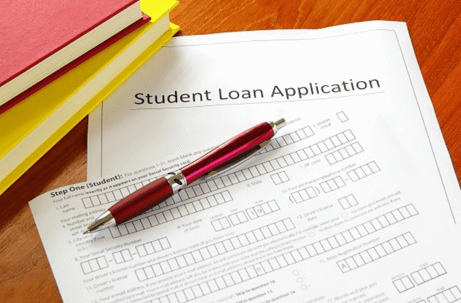Taking out a student loan is just part of the process of getting ready to go to college for most students today; in fact, 44 million borrowers are in debt to student loan servicers for over $1.48 trillion. It is no secret that both graduates and those who leave before receiving diplomas struggle to make monthly payments on time. And although they might be timely, studies show that borrowers may be stressed and unhappy, and are also forced to delay taking on mortgages, auto payments, and even opening business related to the careers they took out loans to be educated for.
Far too many are in a state of delinquency, and especially those who may have paid inflated prices to go to for-profit schools for careers and an income potential that did not come close to panning out. While some loans may seem to have more flexibility, student loans become delinquent as soon as the first payment is missed, with an account usually considered in default after 270 days, or around nine months. At this point, acceleration occurs within the loan and the entire balance is considered due. With the average student loan balance today hovering at $37,172 and graduate students often taking out three times more than everyone else, this means that many are in default for massive amounts. The original reason behind student loans—offering the opportunity to learn and go forth into the world and thrive later—may quickly become forgotten in long-lasting financial turmoil.
Defaulting should be avoided at all cost, and if you fear that is where you are headed, consult with a skilled student loan debt attorney from a firm like Fitzgerald & Campbell, APLC right away. There are different options available to you aside from defaulting, which can have numerous negative consequences aside from adverse credit reporting. Collections activities usually become increasingly more aggressive, and private loan servicers may go as far as suing. Federal loans in default may result in garnishing of your wages or interference with tax refunds. Along with that, opportunities are lost to take advantage of government programs for deferment, forbearance, or other alternative repayment plans, and student loan opportunities are not available in the future.
Speak with an attorney from Fitzgerald & Campbell, APLC as soon as possible to examine your options. Our attorneys have decades of experience in serving clients as they navigate through challenging financial situations, to include student loan issues, bankruptcy, and other debt management processes. We are here to help! Click here to schedule a free 30-minute consultation, call us at (844) 431-3851, or email us at info@debtorprotectors.com.

